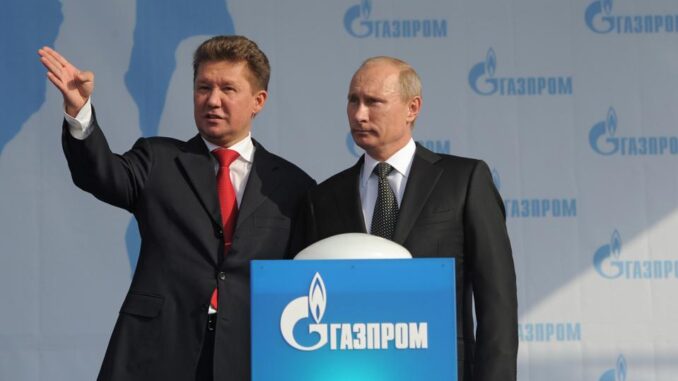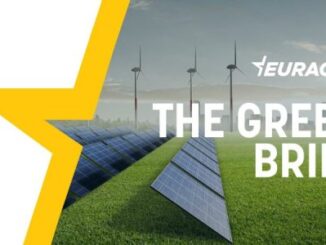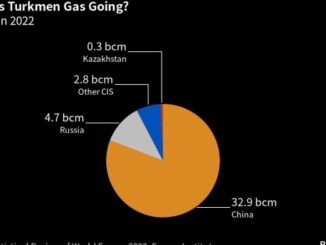
Gazprom has reduced its natural gas exports to countries outside the former Soviet Union by 28.5 percent so far this year, Russia’s state gas giant said on Tuesday.
Gazprom’s natural gas exports to Europe and Turkey plunged to 30.7 billion cubic meters (bcm) between January 1 and March 15, down by 28.5 percent compared to the same period of 2021, according to a Gazprom statement carried by Reuters.
Gazprom has said throughout this winter that it is fulfilling its contractual obligations, but the volumes it has been sending have been much lower than in previous years. This winter, Russian supply to Europe as a whole has been lower than typical as Gazprom has not been shipping via pipeline too much gas over its contractual obligations with customers.
In the fourth quarter of 2021, Russia’s pipeline exports declined by close to 25 percent annually due to lower transit flows via Belarus and Ukraine and reduced deliveries to Turkey, the International Energy Agency (IEA) said in its quarterly report.
The agency was among the many voices in the industry to blame Russia for the energy crisis in Europe.
Low natural gas deliveries from Russia appear to have artificially tightened the European gas market, the IEA’s Executive Director Fatih Birol said in January, adding that energy systems “face significant risks” by relying too much on one supplier for a key energy source.
The risks became painfully clear just a month later, after Russia invaded Ukraine, with Europe unable to afford to ban imports of Russian gas, as the U.S. did last week.
So far, gas flows from Russia haven’t been stopped, although Moscow threatens the West now and again with cutting off supply. Russia’s Deputy Prime Minister Alexander Novak said last week that Russia could cut natural gas supplies to Germany via the Nord Stream 1 pipeline, while Kremlin spokesman Dmitry Peskov said two days later that “Russia may be forced to rethink its energy-supply commitments” after the sanctions imposed on it over the invasion of Ukraine.
By Tsvetana Paraskova for Oilprice.com



